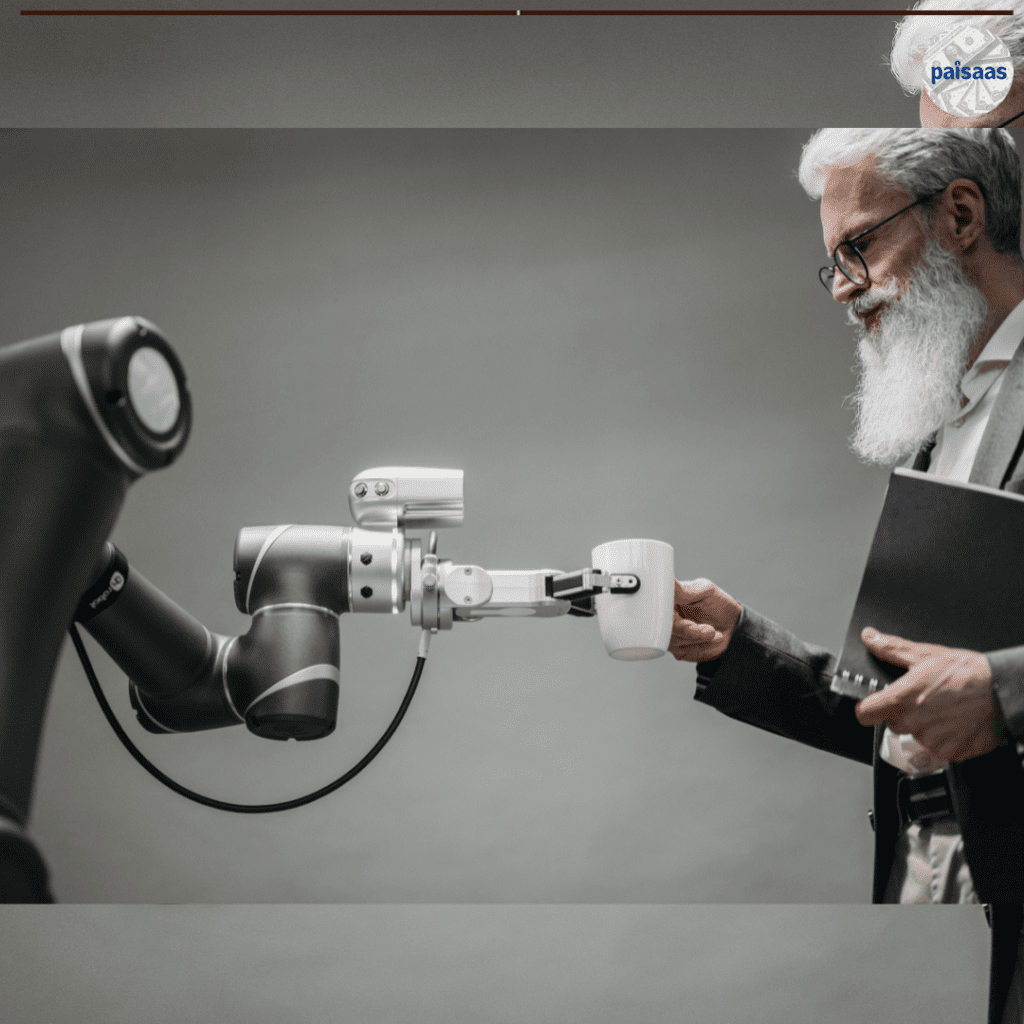

The Interaction Between AI and Data Privacy: Striking a Balance Between Demands
The Interaction Between AI and Data Privacy: Striking a Balance Between Demands
Introduction
The rapid advancement of artificial intelligence (AI) has led to its increasing reliance on vast amounts of data. However, this reliance raises significant concerns about user privacy. As AI algorithms and applications become more sophisticated and pervasive, it is essential to explore the delicate balance between the benefits of AI and the protection of personal data. This article delves into the interplay between AI and data privacy, examining the challenges, implications, and potential solutions to ensure the responsible and ethical use of data in the era of AI.
Body
- The Role of Data in AI AI systems thrive on data as they require substantial amounts of information to train and improve their performance. This data includes personal, behavioral, and sensitive information collected from individuals through various sources such as social media, Internet of Things (IoT) devices, and online transactions. The availability of such extensive datasets enables AI algorithms to learn patterns, make predictions, and deliver valuable insights.
- Privacy Concerns in the AI Era The growing use of personal data by AI systems has raised legitimate concerns about privacy. Users worry about the potential misuse, unauthorized access, and improper handling of their sensitive information. Additionally, the aggregation and analysis of vast amounts of data raise concerns about surveillance, profiling, and potential discrimination. As AI technologies become more sophisticated and pervasive, ensuring the protection of user privacy becomes a paramount consideration.
- The Legal and Regulatory LandscapeGovernments and regulatory bodies have recognized the importance of data privacy and enacted legislation such as the European Union’s General Data Protection Regulation (GDPR) and California Consumer Privacy Act (CCPA). These regulations impose stricter guidelines on data collection, storage, and usage, giving individuals more control over their personal data. However, compliance with these regulations presents challenges for AI systems that heavily rely on data availability and may require organizations to reevaluate their data collection and processing practices.
- Privacy by Design: Ethical AI Development To address privacy concerns, the concept of “privacy by design” has emerged as a fundamental principle. This approach promotes the integration of privacy safeguards throughout the entire AI development lifecycle. By incorporating privacy considerations from the initial design stage, organizations can develop AI systems that prioritize data protection, minimize data collection, and implement robust security measures. Privacy-enhancing technologies, such as differential privacy, encryption, and anonymization, also play a crucial role in preserving individual privacy while allowing AI algorithms to glean valuable insights from aggregated data.
- Advancing Technology: Privacy-Preserving AI Technological advancements are paving the way for privacy-preserving AI solutions. Federated learning and secure multi-party computation techniques enable AI models to be trained on decentralized data sources without the need for data centralization or sharing. This approach safeguards individual data privacy while still benefiting from collective intelligence. Additionally, on-device AI processing allows data to remain locally on users’ devices, reducing the risk of data exposure and enabling AI applications without compromising privacy.
- User Empowerment and Transparency Ensuring data privacy in the AI era requires empowering users with transparency and control over their data. Organizations must provide clear and understandable explanations of data collection and usage practices, obtain informed consent, and offer accessible mechanisms for individuals to manage their data preferences. Privacy-enhancing tools and user-centric dashboards can enable individuals to monitor and control how their data is utilized by AI systems, fostering trust and confidence in the technology.
Conclusion
The expanding realm of AI presents immense opportunities for innovation and progress. However, it also raises significant concerns about data privacy. Striking a balance between AI’s data requirements and user privacy is crucial. Through privacy by design, advancing technologies, and user empowerment, organizations can navigate the intersection of AI and data privacy responsibly, ensuring the protection of individuals’ personal information while harnessing the transformative potential of AI for the benefit of society.




